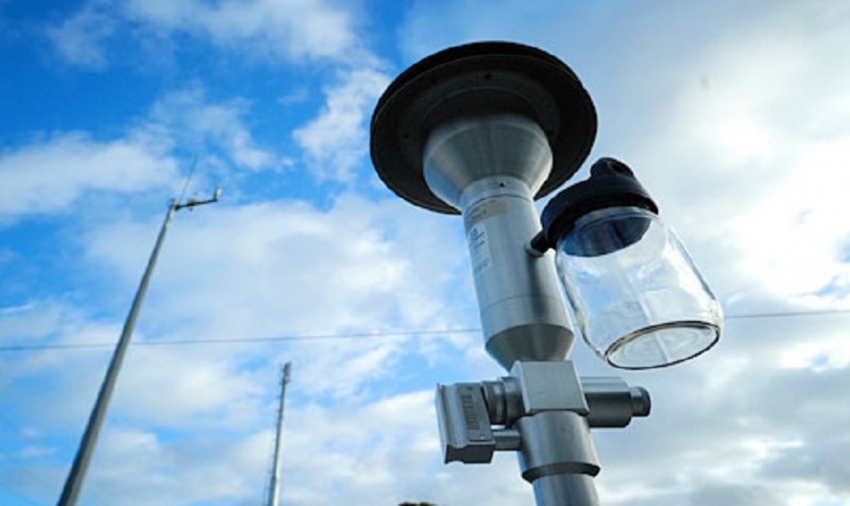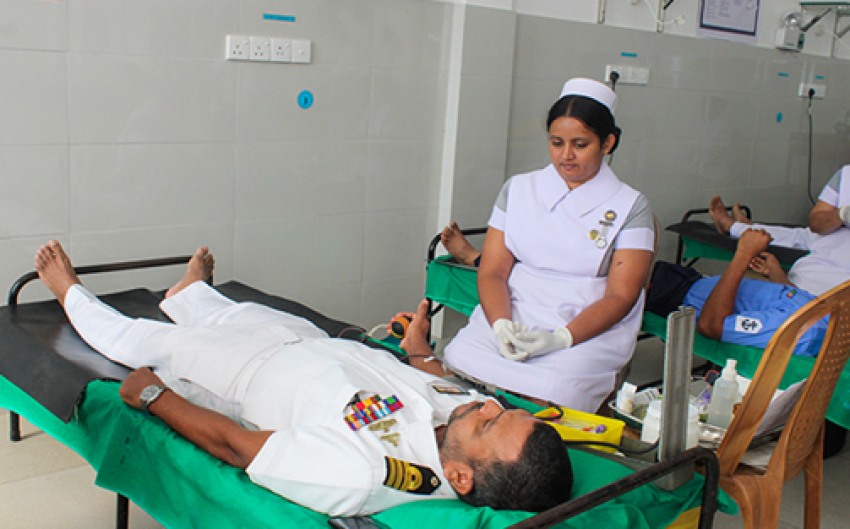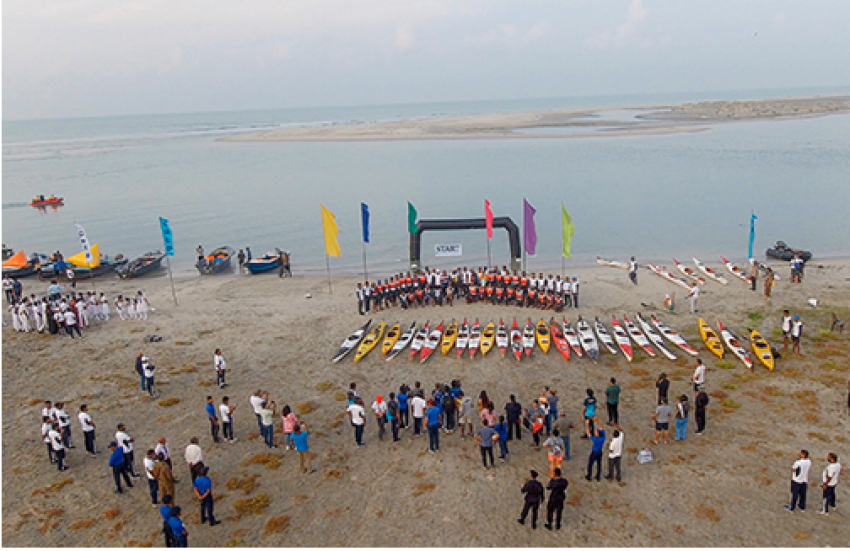“However, the drop in air quality was detected not only in Colombo but also at entrance to Kalpitiya, Nawalapitiya, Kandy (Akurana and Digana) and Sri Jayawardhenapura,” Mr Zubair observed. He said the rise in air pollution will have moderate health impacts on those exposed.The data was drawn from ‘Disaster Services’, maintained by the Federation for Environment, Climate & Technology. “We are still working on a cause. It is a case when wind direction changes from South-West to North-East, as is happening in early November, pollution levels will rise,” he said.
“There are just 2 equipments monitoring air quality, located in places believed to have high exposure to pollution,” the Central Environmental Authority (CEA) said. An assumption is then made on the overall situation in the country, based on the readings from these 2 machines.The requirement to install more equipment arose after there were readings of alarmingly unhealthy air quality values recorded earlier this week.By 10pm on Tuesday (5), the US Embassy’s air quality monitor in Colombo recorded an Air Quality Index (AQI) of 167. By 8.30 the next morning, the AQI reading rose to 173. Good air quality is deemed to be between 0-50 AQI.
While it dropped to around 60, at the time of writing this article, NBRO Senior Scientist Sarath Premasiri said that Air Visual–a platform which provides real time air quality data– forecast another possible increase in the AQI on November 13.“This forecast may change depending on the climate. However, we urge the public to take necessary precautions like wearing a mask, and to use public transport instead of putting their vehicles on the road,” he said.
“Such pollution is most prevalent during the months of November, December and January, due to the change in the wind direction, owing to the North-East monsoon,” Mr Premasiri said. Factors that contributed to the recent episode included vehicle and industrial emissions.“It is not possible to deduce the AQI of the country with just 2 machines,” said CEA Deputy Director- Laboratory Services, Kamal Priyantha. But installing and maintaining new technology comes at high cost.
The Colombo District had 4-5 mobile air quality monitoring stations in the early 2000s. Now, only 2 are in working condition, owing to lack of maintenance, said Centre for Environmental Justice Executive Director Hemantha Withanage.Mr Withanage rejected claims that prevailing air pollution had its roots in India. “I believe that local pollution is a major contributing factor, rather than it being purely pinned on to climate change or the situation in India,” he said.
“Vehicle emissions are one of the main causes, while rapid development brought with it new constructions like the Colombo Port City, which was also a contributing factor towards air pollution,” he elaborated. Public transport must be improved and heavy vehicles must pay carbon tax. New AQI monitoring machines must be installed and maintained, to prevent there being a major public health issue.
Meanwhile, the Meteorological Department said that a cyclonic storm in the Bay of Bengal caused a change in wind direction, which may have been the reason for polluted air being pushed towards Sri Lanka. They hoped to see an improvement in the coming days. “Air pollution could have immediate health effects such as breathing difficulties,” said National Hospital’s Head of Nursing, Pushpa R. Zoysa. It could also aggravate respiratory or cardiac conditions. Even when a healthy person is exposed to bad air, the lungs absorb the bases, in turn affecting blood circulation and bringing about illness.




















